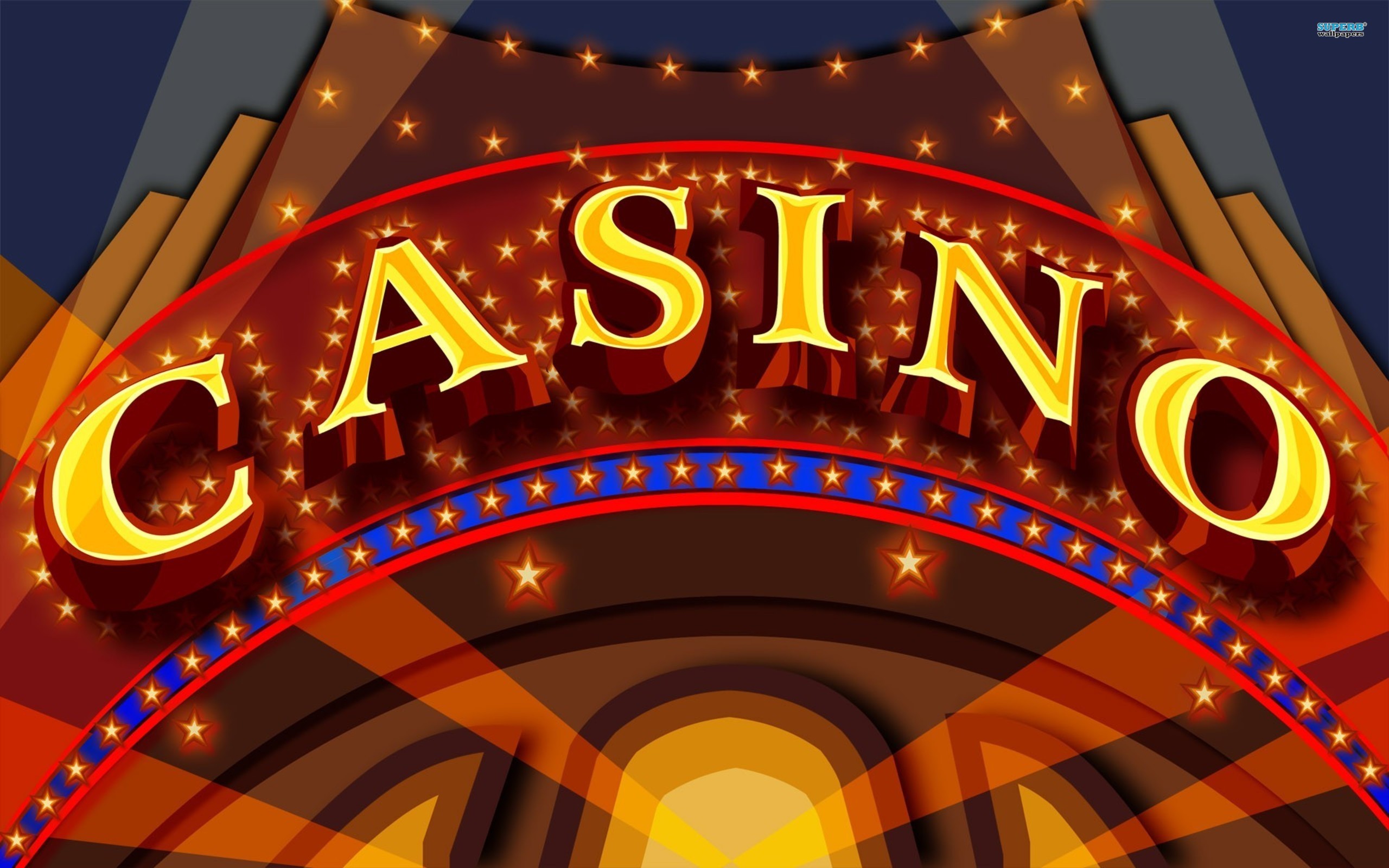
In the world of gambling, in which chance and strategy meet, a unique tapestry of beliefs unfolds—one that braids luck, fate, and the enigmatic nature of casino games. Casinos, bustling with excitement and anticipation, are not just spaces for placing bets; they are also arenas in which superstitions thrive. Ranging from the novice player to the seasoned gambler, these mysterious practices often shape how individuals approach the games they play, holding the belief that their actions can influence the outcome in ways that go beyond mere probability.
When players gather around roulette wheels, blackjack tables, and slot machines, the atmosphere is thick with stories of lucky charms, rituals, and codified behavior that defy logic yet provide a sense of comfort. Whether it’s wearing a specific outfit, following a particular sequence of bets, or even avoiding certain numbers, the attachment to various superstitions reflects a deep-rooted desire to control the uncontrollable. This article delves into the captivating world of casino game superstitions, investigating the beliefs that simultaneously entertain and mystify those who dare to play.
Historical Beginnings of Superstitions
Betting activities have long been entwined with an array of superstitions that trace to primitive civilizations. The beginnings of these beliefs can be associated to humanity’s fundamental need to control the uncertain outcomes related with chance and randomness. In early civilizations, activities of chance were often connected to spiritual practices. Players would call upon aid or seek favor from gods, believing that their actions could affect the odds in their benefit. This groundwork laid the groundwork for the variety of superstitions that spread as gambling evolved over centuries.
During the Middle Ages, betting became a common activity across European nations, and with it, a diverse tapestry of superstitions emerged. Players adopted different rituals and charms, believing they could influence the outcome of games. The importance of numbers, in particular, began to show in superstitions around card games and dice. The number 7 was often considered favorable, while different numbers carried bad connotations. These notions mirrored the societal contexts of the time, adapting as they passed through generations and changed to new gaming environments. Hướng dẫn Thabet
As gaming establishments developed in the seventeenth century, particularly in Italy and France, the atmosphere surrounding gambling became saturated in mystery. The growing availability of gambling activities allowed for the dissemination and variation of superstitions among players. Concepts like fortunate charms, specific seating locations, and rituals gained prevalence, creating a unique culture within casinos. As these practices continued to thrive, they became fundamental to the identity of casino activities, illustrating how the past and culture shape the convictions that influence how participants interact with luck.
Widespread Casino Myths
Beliefs surrounding gambling activities are abundant and diverse, reflecting the dreams and anxieties of players as they engage in chance-based activities. One of the most common views is that certain numbers bring luck or misfortune. For example, the number 7 is often seen as a favorable digit, frequently embraced by gamblers looking for a favorable outcome. Conversely, the number thirteen is routinely considered cursed, leading many players to steer clear of it during their gambling sessions.
A frequent superstition relates to practices that players believe can affect their odds. It could be blowing gently on dice before a throw, using a particular hand to place a wager, or even putting on specific items of attire, many people feel that these actions can tilt luck in their benefit. These practices offer a feeling of control in an otherwise unpredictable environment, reinforcing the idea that luck can be manufactured through personal convictions and customs.
Finally, the environment and vibe of the casino itself contributes to superstition. Many gamblers suggest that the presence of specific icons, such as four-leaf clovers or lucky coins, can enhance their odds of winning. Additionally, players might hold to the notion that winning streaks can be halted by mundane events, such as someone passing by or a accident at the table. The shared atmosphere in a gambling house can amplify these superstitions, creating a shared culture of myths that transcends single experiences.
Impact of Superstitions on Players
Superstitions play a crucial role in the psychology of gamblers, often influencing their behavior and choices. A lot of gamblers believe that fortune can be influenced through different rituals, such as wearing a lucky charm, selecting specific colors, or steering clear of particular digits. This dependence on superstitions can create a sense of control in an environment that is inherently unpredictable. Players frequently feel more confident and engaged when they feel that their actions could sway the result of a game in their advantage.
The impact of these superstitions extends past individual players, affecting the general atmosphere within the casino. For example, a player who holds the belief in the luck of a particular slot machine might attract a gathering, as others are intrigued by their apparent success. thabet asia This shared belief can amplify excitement and create a dynamic environment, leading to an captivating experience even for those who may not necessarily be believers themselves. The excitement around specific games can lead to increased participation and longer playing sessions, supporting the casino’s vibrant social scene.
In some cases, superstitions can lead to detrimental effects for players. Depending too much on rituals can result in poor gambling decisions, as some may ignore basic strategies in favor of baseless beliefs. Additionally, the pressure to perform rituals may heighten anxiety and stress levels, detracting from the pleasure of the experience. Ultimately, while superstitions can enhance the excitement of playing casino games, they can also lead to foolish choices that overshadow the enjoyment and amusement intended in the casino experience.
